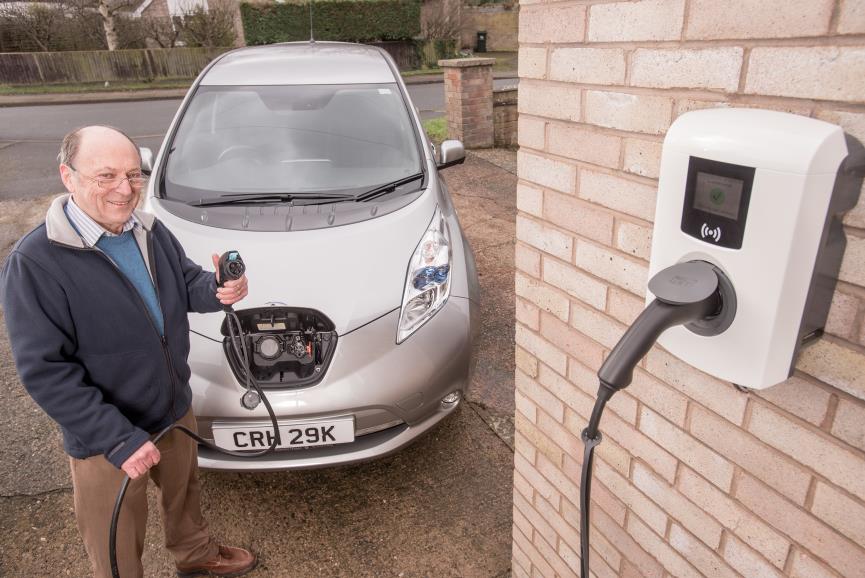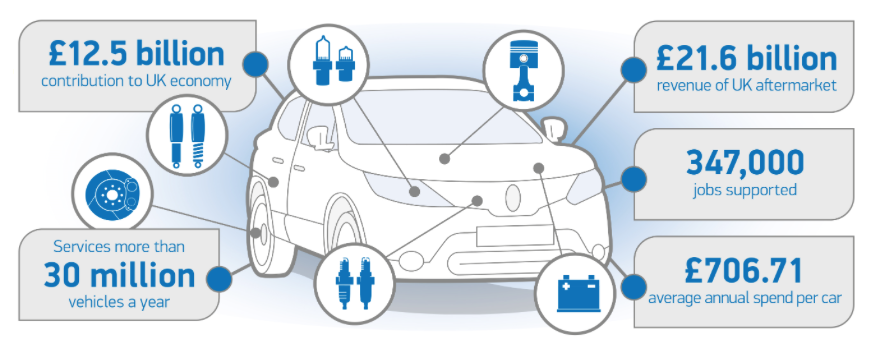
Rumours of the imminent demise of the motor car may be exaggerated…
By Robin Roberts (a highly-regarded regulor contributor to ‘Wheels-Alive’, and Chairman of the Western Group of Motoring Writers, as well as a member of the Guild of Motoring Writers).
So, the car as we know it is going to be dead inside a generation by 2040.
Somehow I think not.
The continuing story of the automobile since the 1880s has been driven by evolution and I cannot see this changing, despite the Stelvio statements of Governments which are full of twists and turns, look good in the media but are fraught with the dangers of going off road and plunging into obscurity.
The reality is that petrol, diesel, electricity and gas engines have co-existed side by side since the first cars turned wheels, but their relative percentages have widely fluctuated depending on practical and political factors. All the same, with a bandwagon rolling, war has already been declared on diesel…

Hybrid modern engines have been with us for a couple of decades and they are becoming more refined and plentiful while a few manufacturers have already shown us electrically powered cars which use an internal combustion engine to drive the motors when the traction battery is depleted.
These are surely the way ahead for now until the fuel cell is mass produced for motoring – and that faces the same major hurdle as those jockeying in the race for electric cars; we need a nationwide infrastructure of charging or refuelling stations.
While the Government has been shamed into taking action over its failure to cut exhaust pollution in the worst urban areas (because it really cannot control vehicle engineering but adopts a heavy handed approach through ‘emissions’ taxes), we also have the more physical issue of congestion on roads.
NEVER MIND COMMON SENSE… AND NEVER MIND THE PEOPLE AFFECTED…
Congestion is possibly the issue that causes motorists the most concern. After all they cannot do much about exhaust emissions other than buy electric, hybrid or cleanest ICEs, but they can see the congestion infront of them. It’s a very physical phenomenon.
Our urban areas have evolved over centuries but motor vehicles have barely a century behind them and local councils and governments have tended to be reactive rather than proactive in their race to catch up.
Now the Government has signalled its intention to pass the buck to the boroughs and let them decide how they want to tackle congestion, a neat political move which ensures HM Treasury gets VAT and fuel duty from new cars and fuel sales while councils are seen to be the nasty party to the motorist and for a modest outlay in bans they can stop vehicles entering their designated places.
Oh, and if you live, socialise and happen to work in a controlled zone you will have to pay more to park there or add a lot of extra time to your journeys to park-and-ride. This doesn’t strengthen society but breaks down society and families.
Out of town and out of touch businesses proliferated over two decades and I cannot see them rushing back into urban centres which will be left to high priced shopping centres, with added on entertainment and food fast chains shackling themselves to customers.
So how will Government recoup what its losing from VAT and fuel duties if the motor car as we know it is going to be banned from 2040? The Government’s answer will perhaps surprise you, or possibly not; tax more.
It could selectively increase taxes on motor vehicles and introduce nationwide road tolling while councils tolled their zones, use technology to tax the electricity used in vehicle charging including discriminating the power used overnight for home systems, or tighten up emissions tests so your vehicle was failed and you had to buy/ lease/ hire a vehicle when it did not pass the MoT.
Parts are another area where indirect taxation could penalise motorists. We all need replacement components at times and taxing these more than at present is another discouragement to ownership.
If you have to travel at peak times, well there’s another tax source to look at with differential tolling. Squeezing until the pips hurt really is a possibility.
What about the effects on the UK’s economy too? This graphically illustrates the importance of the motor industry and ‘aftermarket activities’ to our nation… and its people…
 Those who don’t learn from history will continue to make mistakes and perhaps it’s no-coincidence that about 200 years on we will see a modern equivalent of the Rebecca Riots when the costs of tolling roads ended with mass protests over the hardship it created for working people of the time, around 1840.
Those who don’t learn from history will continue to make mistakes and perhaps it’s no-coincidence that about 200 years on we will see a modern equivalent of the Rebecca Riots when the costs of tolling roads ended with mass protests over the hardship it created for working people of the time, around 1840.
WHAT ABOUT CLASSIC CARS?
All the proposals leave a lot of unanswered questions about historic, or future historic vehicles.
Our classics are iconic from times when motorists did enjoy the freedom of the open road, well insofar as they were legally permitted.
What will happen to the cars from history? Will they be allowed to continue going anywhere, be restricted or entirely banned? Some high performance modern cars will be classics in twenty years so you wonder what will happen to them.
It’s also interesting to ponder if their values will suddenly stop rising and start falling as the 2040 deadline approaches and potential brakes are raised on their use.
A new pub bar game might be to compile a list of future classics which are on the diminishing roadspace, and in no particular order I can begin with the Tesla series, the Honda Insight, Toyota Prius, Renault Twizy, BMW i3 and i8, Vauxhall Ampera.
Kim comments, “Robin has highlighted the fact that there are more questions than answers on this subject, and, as has been the case over many decades, and with successive administrations of differing political colours, the powers that be seem to have little grasp or understanding of the facts, nor do they apparently know nor care what the effects of hastily-conceived/ill-thought-out policies will be on the population and the economy of the country. As stated before on this website, it is time that FACTS are considered rather than ‘bandwagon’ conclusions are jumped to – with little regard for the ‘big picture’ and overall consequences”.